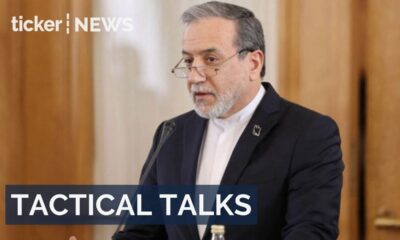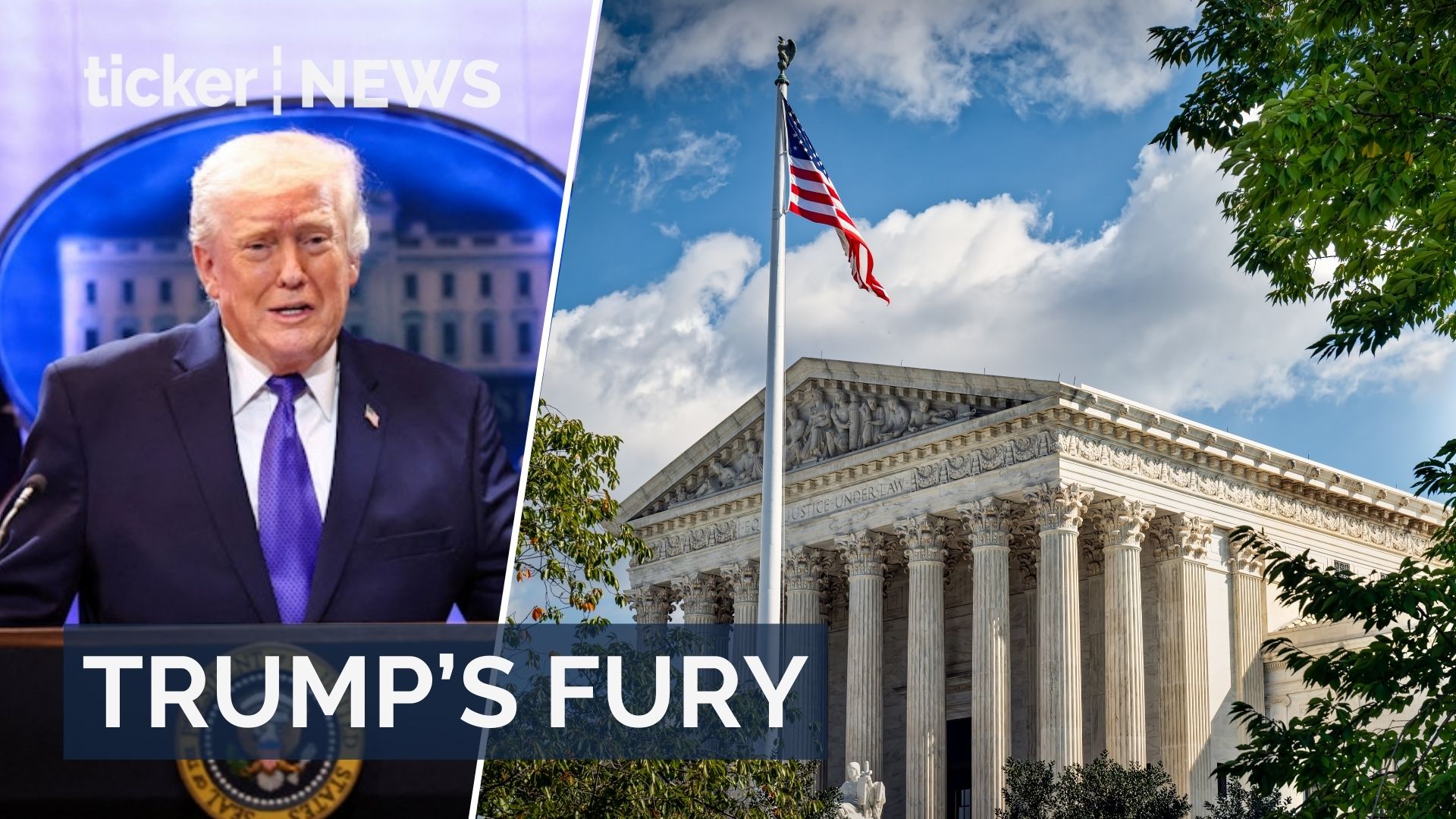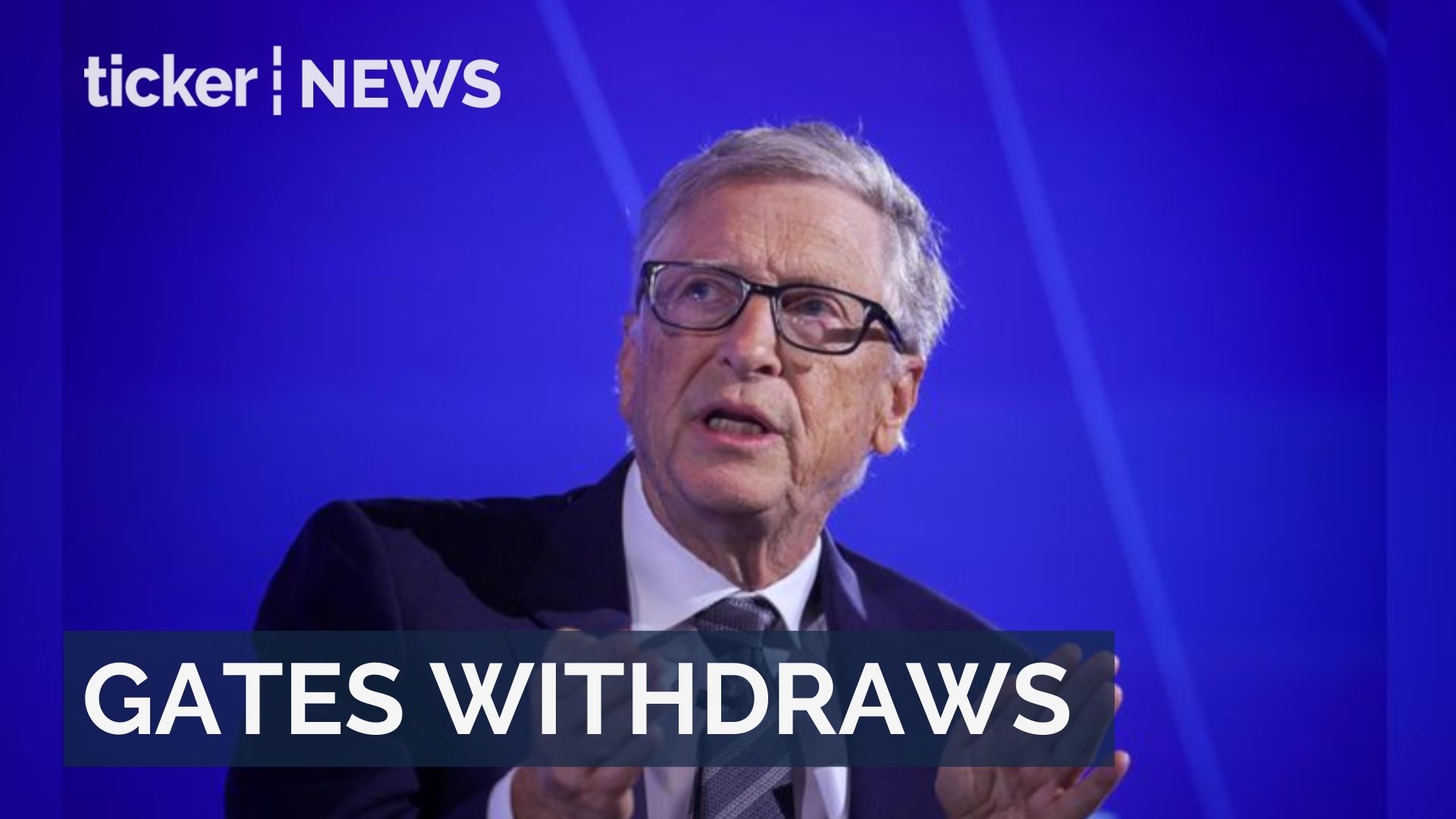News
China is reportedly learning Russia’s lessons from Ukraine

News
UK police seek former aides’ insights on Prince Andrew
UK police contact ex-protection officers of Prince Andrew amid misconduct investigation linked to Jeffrey Epstein allegations
News
Supreme Court strikes down Trump’s tariffs, plans 10% global levy
Trump vows new 10% global tariff after Supreme Court rules against his previous tariffs, calling the decision ‘deeply disappointing’
News
Bill Gates withdraws from India AI Impact Summit before keynote
Bill Gates withdraws from India’s AI Impact Summit amid renewed scrutiny over past ties to Jeffrey Epstein.
-



 News3 days ago
News3 days agoAndrew Mountbatten-Windsor released after 12-hour questioning
-



 Tech2 days ago
Tech2 days agoSam Altman predicts superintelligence could appear by 2028
-



 News3 days ago
News3 days agoUkraine Russia peace talks stall with no breakthrough
-



 Tech3 days ago
Tech3 days agoZuckerberg testifies on social media addiction and child safety
-



 Ticker Views4 days ago
Ticker Views4 days agoCan diplomacy survive the Iran-US nuclear standoff?
-



 Money4 days ago
Money4 days agoAustralian Dollar surges: What $0.70 means for markets
-



 Money2 days ago
Money2 days agoOil hits seven-month high, and gold surpasses $5,000 amid US-Iran tensions
-



 News4 days ago
News4 days agoIran and U.S. reach preliminary nuclear agreement in Geneva








